- Home
- About
- Hospitals
-
Treatments
- Orthopedic & Spine
- Knee Replacement
- Carpal Tunnel Release
- Rotator Cuff Repair
- Meniscus Repair / Meniscectomy
- Total Hip Replacement (THR)
- Total Shoulder Replacement
- Arthroscopy
- Ligament Reconstruction
- Spinal Fusion
- Discectomy
- Laminectomy
- Spinal Decompression
- Vertebroplasty and Kyphoplasty
- Fracture Repair
- ACL Reconstruction
- Tendon Repair
- Osteotomy
- Amputation
- Pediatric and Adult Cardiac
- Neuroscience
- Oncology
- Nephrology & KTP
- Gastroenterology & Hepatobiliary
- Obstetrics and Gynaecology
- Infertility
- Dental & Maxillofacial
- Plastic & Cosmetic Surgery
- Rhinoplasty
- Blepharoplasty (Eyelid Surgery)
- Facelift (Rhytidectomy)
- Breast Augmentation (Mammoplasty)
- Breast Reduction (Mammoplasty)
- Breast Lift (Mastopexy)
- Liposuction
- Abdominoplasty (Tummy Tuck)
- Brazilian Butt Lift (BBL)
- Lip Augmentation
- Breast Reconstruction
- Cleft Lip and Palate Repair
- Scar Revision
- Burn Reconstruction
- Botox Injection
- Ophthalmology
- Otolaryngology (ENT)
- Endocrinology
- General and Minimal Invasive Surgery
- Pulmonology
- Rheumatology
- Urology
- General Medicine
- Ayurvedic Treatment
- Orthopedic & Spine
- Doctors
- Contact Us
Urology
Urology is a medical specialty that
focuses on the diagnosis and treatment of conditions and diseases related to
the urinary tract and the male reproductive system. Urological procedures are surgical or non-surgical medical interventions performed by Urologists to diagnose, treat or manage various conditions affecting the urinary tract and male reproductive system. These procedures can range from minimally invasive techniques to more complex surgeries. Urologists are highly skilled in both medical and surgical treatments, and they may use a variety of diagnostic tools, including imaging studies, endoscopy, and laboratory tests, to make accurate diagnoses. They then develop treatment plans that may include medication, lifestyle modifications, physical therapy, or surgical interventions, depending on the specific condition.
Urinary Tract:
Urologists diagnose and treat conditions affecting the urinary tract, which includes
the kidneys, ureters, bladder, and urethra. This may involve addressing urinary
tract infections, kidney stones, urinary incontinence, and issues related to
urination.
Male Reproductive System:
Urologists are involved in the care of the male reproductive system, including
the testes, prostate, penis, and associated structures. They may treat
conditions such as erectile dysfunction, male infertility, prostate disorders,
and testicular problems.
Female Pelvic Medicine and Reconstructive Surgery:
Some urologists specialize in female urology, focusing on issues like urinary
incontinence, pelvic organ prolapse, and interstitial cystitis.
Urologic Oncology:
Urologists also manage and treat cancers that can occur in the urinary tract or
male reproductive organs, such as kidney cancer, bladder cancer, prostate
cancer, and testicular cancer.
Pediatric Urology: Pediatric
urologists specialize in treating urological conditions in children, including
congenital anomalies, bedwetting, and conditions affecting the genitalia.
Laparoscopic and Robotic Surgery:
Urologists are often at the forefront of minimally invasive surgical
techniques, including laparoscopic and robotic-assisted procedures for
conditions such as prostatectomy, nephrectomy, and more.
Kidney Transplants: Urologists play a crucial role in kidney transplantation, which involves the surgical placement of a healthy kidney from a donor into a recipient with end-stage kidney disease.



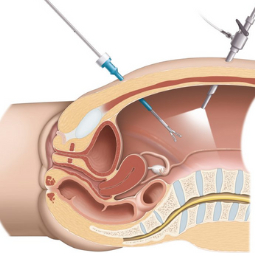

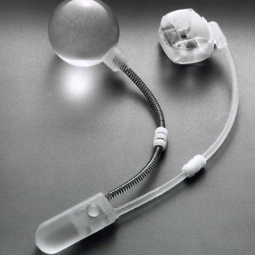
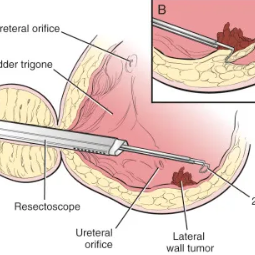
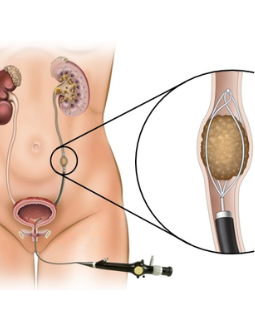
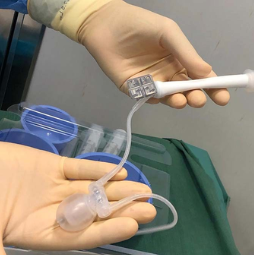
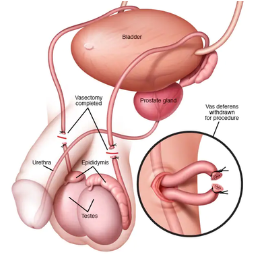
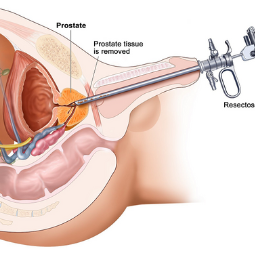
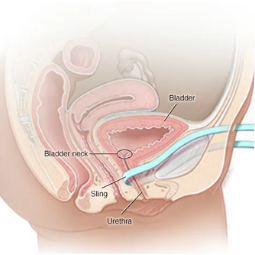
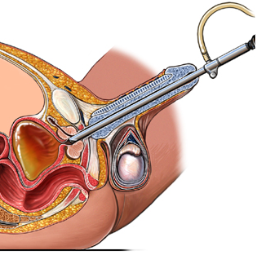
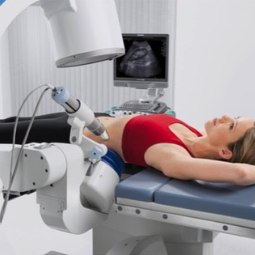
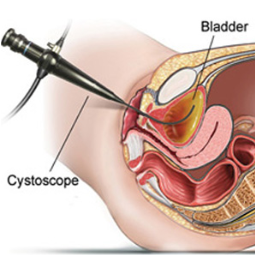
.png)